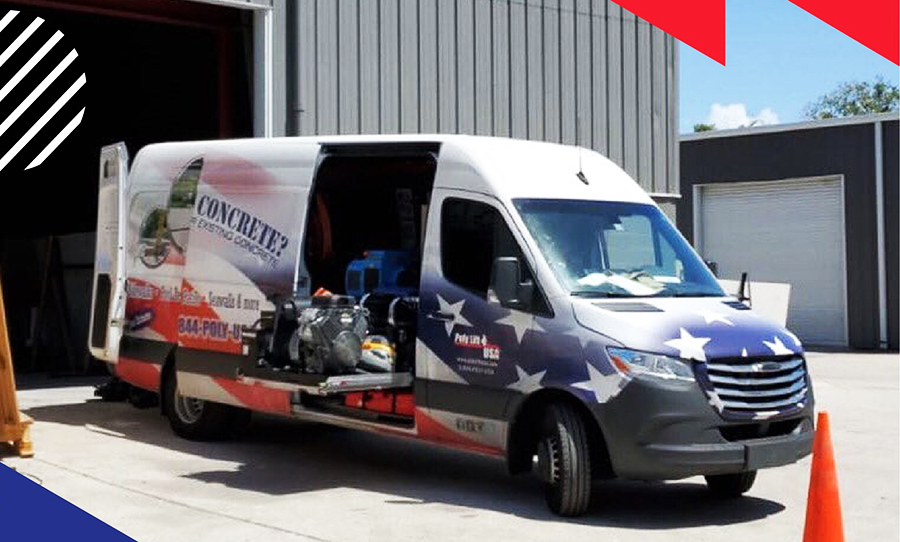Retaining Wall Repair & Soil Stabilization in Atlanta, GA
Stop Leaning, Cracking, and Settling Walls Before They Collapse
A retaining wall is built to hold back soil — but when the ground shifts, so does the wall. If your commercial or industrial retaining wall is cracking, leaning, or showing signs of failure, it’s a sign that the soil behind it is unstable. But full wall replacement isn’t your only option.
At Mudjacking Atlanta, we stabilize retaining walls using high-density polyurethane foam injection. Our method fills voids, compacts loose soil, and reinforces the structure without excavation — saving you time, money, and disruption.
Why Retaining Walls Fail
Retaining walls depend on strong, compacted soil behind them. When that support weakens, pressure builds and the wall starts to move. Common causes include:
- Erosion from rain or irrigation
- Poor drainage systems behind the wall
- Settling or loose backfill
- Voids forming beneath concrete footings
You might notice:
- Cracks in the wall or joints pulling apart
- The wall leaning outward or bulging
- Gaps between the wall and ground
- Sinkholes or soft spots above the wall
These are signs the soil has failed — and if not addressed, the wall may eventually collapse.
Our Fix: Poly Foam Soil Stabilization
We use structural-grade polyurethane foam to stabilize the ground behind the retaining wall. It expands in the soil, fills voids, and compresses loose areas, creating solid support and stopping movement.
How it works:
- Drill small holes in the ground behind or beneath the wall
- Inject foam into weak or washed-out areas
- Foam expands, pushes out water, compacts soil, and fills gaps
- Wall pressure is reduced, and movement stops immediately
This method is clean, non-invasive, and often completed in just a few hours. Learn more on our commercial services page.





